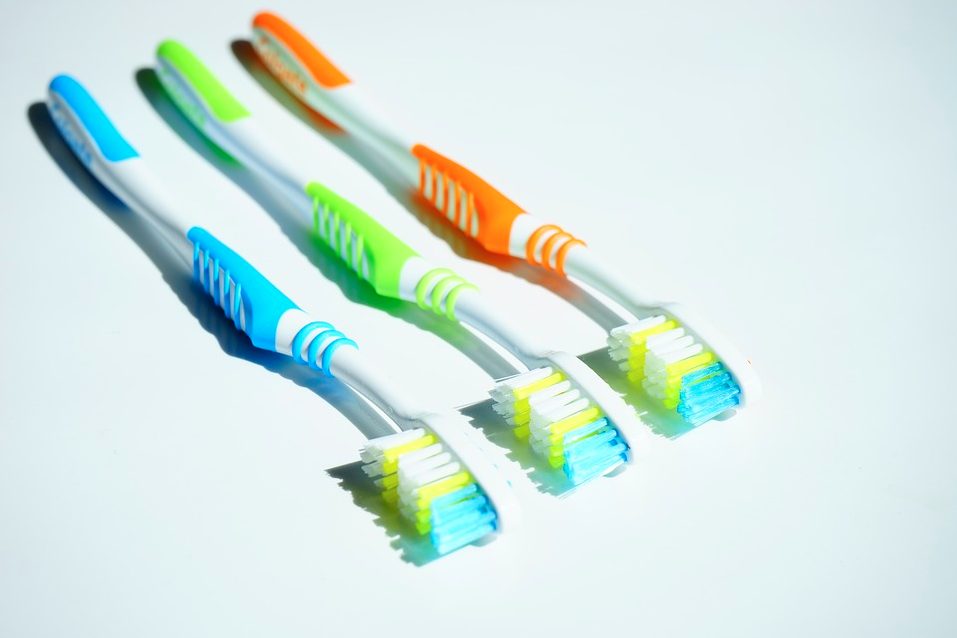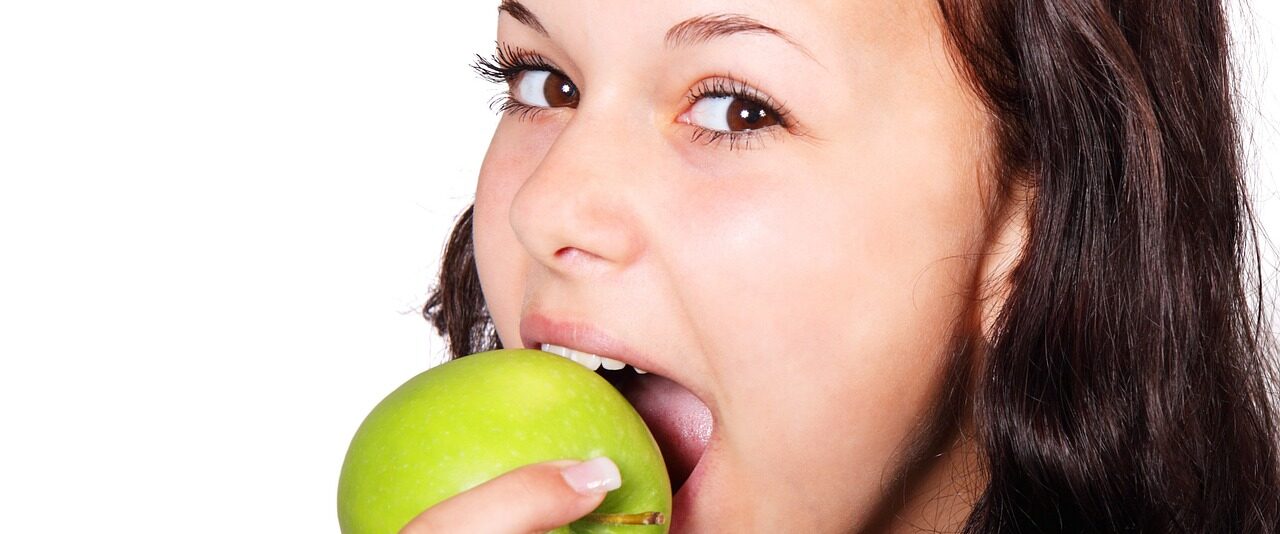
Maintaining good oral hygiene isn’t just about keeping your teeth and gums healthy; it’s also vital for your overall well-being. Research indicates a close connection between oral health and the condition of your body. The Academy of General Dentistry highlights this correlation, linking gum disease to serious health issues like heart disease, stroke, and diabetes. On the flip side, maintaining good oral health can help prevent the onset of certain diseases. Understanding this mouth/body connection is key to taking proactive steps towards a healthier you.
Recognizing the Mouth/Body Connection
Poor oral hygiene habits can lead to the accumulation of bacteria on your teeth, making your gums susceptible to disease and infection. When infection sets in, your immune system responds by triggering inflammation and gum disease (periodontitis). If left untreated, periodontitis and chronic inflammation can have far-reaching effects on your overall health. However, the good news is that with proper care, this scenario is entirely preventable.
Elevating Your Oral Hygiene Habits
Here are some practical steps you can take to enhance your oral hygiene routine and safeguard your overall health:
- Brush your teeth twice daily for at least two minutes using a soft-bristled brush. Ensure your toothbrush is the right size for your mouth to reach all areas effectively. Need recommendations? Feel free to ask our team during your appointment.
- Replace your toothbrush every three to four months to maintain optimal effectiveness.
- Use an American Dental Association-approved fluoride toothpaste to combat decay and keep your teeth strong.
- Floss daily to eliminate bacteria between teeth, reducing the risk of tooth decay and gum disease. Regular flossing also helps remove plaque from beneath the gumline.
- Adopt a balanced diet that minimizes consumption of sugary beverages and snacks.
- Steer clear of cigarettes and other tobacco products, as they contribute to gum disease and oral cancer.
Prioritize Regular Dental Check-ups
In addition to your daily oral care routine, regular visits to your dentist are crucial for maintaining oral and overall health. These appointments allow our team to monitor changes in your teeth and gums, providing recommendations to prevent future health issues. Schedule your next exam with us today and take proactive steps towards a healthier smile and body.















